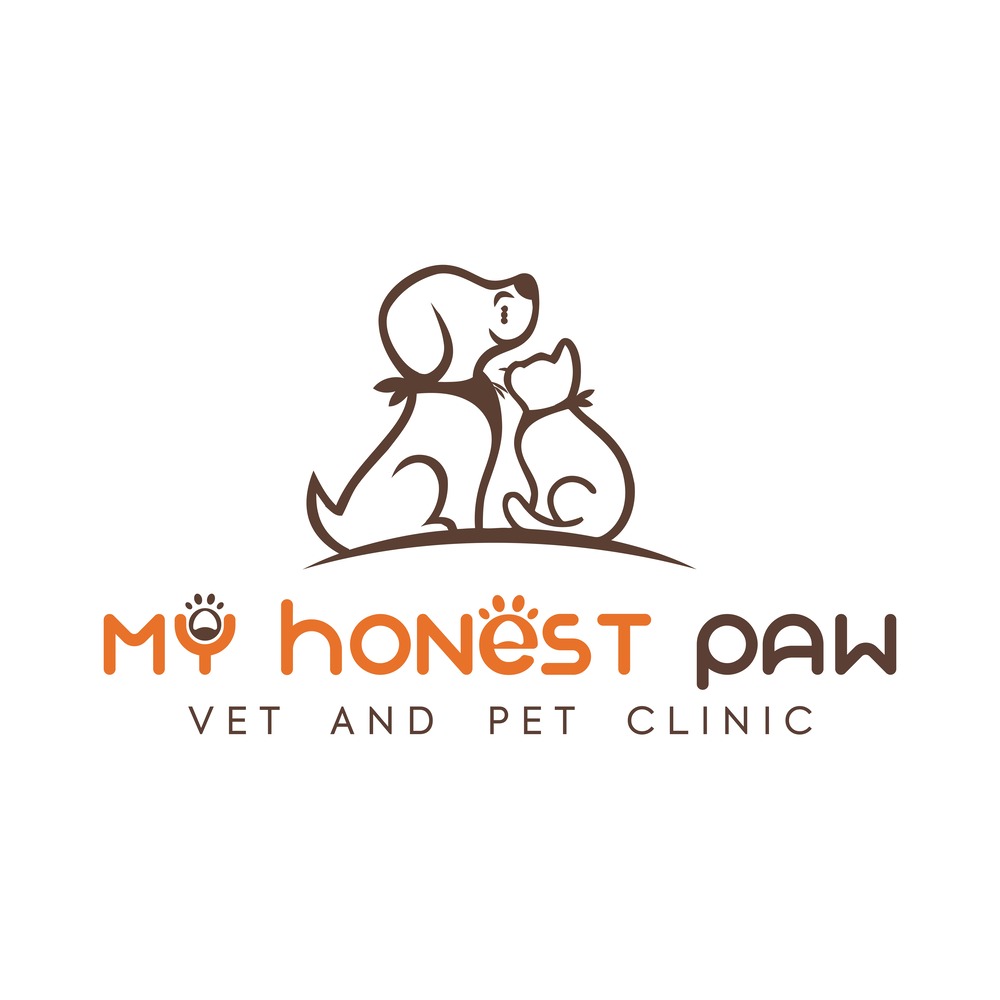Have you ever noticed how our pet seems to sense our emotions easily, that when you’re sad, excited, or even a little tired? Our pets always give us the unconditional love that we could never imagine just for a single day, and in return, we do everything that we can to make them happy, whether it’s buying toys, creating cozy corners, or spoiling them with treats. But when it comes to pet health, being affectionate with your pet is alone not enough.
One of the most important parts of taking care of a pet is making sure that they are under regular vet check – ups. Routine check-ups aren’t just for when something goes wrong; they’re the key to preventing problems before they start. Preventive care will help your pet stay healthier, live longer, and even save you from big bills down the line. Let’s look at why regular vet visits matter so much for your furry (or feathered, or scaly) friend.
Early Detection: Catching Problems Before They Escalate
Animals are good at hiding their pain, especially when they are not well. In the wild, showing weakness could make them unsafe, and this instinct hasn’t gone away, even in our homes. Because of this, many health problems stay hidden in pets until they become serious.
That’s why it is said that regular vet check-ups make a big difference. During a check-up, the vet looks at your pet’s overall health, things like their weight, skin, eyes, ears, teeth, and more. They’re trained to spot even small changes that we might miss, such as early signs of arthritis, diabetes, or heart issues.
Finding these problems early makes treatment much easier and less stressful for your pet. For instance, a tiny lump found during a routine exam could be removed quickly instead of becoming something that needs major surgery later.
Preventive Care: The Shield Against Diseases
As it said that prevention is better than cure, taking preventive measures to prevent illness is one of the best ways to keep your pet healthy. Regular vet visits usually include things like vaccines, parasite protection, and simple health checks, all of which help your pet stay safe from serious problems.
Vaccinations protect your pet from most dangerous diseases like rabies, parvovirus, and distemper, which can sometimes be life-threatening.
Parasite control keeps away fleas, ticks, worms, and heart worms that can cause a lot of discomfort and long-term health issues.
Basic health screenings, like blood or urine tests, can reveal hidden problems before your pet starts showing any signs of sickness.
By staying on top of preventive care, you give your pet a stronger defense against illness and a better chance to live a happy, healthy life without the stress of painful or expensive treatments later.
Nutrition, Weight, and Lifestyle Guidance
Just like us, pets feel their best when they eat well and stay active. But with shelves full of pet food brands and endless advice online, it’s easy to feel confused about what’s truly right for your companion. That’s where your vet can help.
At every check-up, they can check your pet’s weight, overall body condition, and diet. If your pet needs to gain or lose a little, your vet can suggest the right food and portion sizes for their age, breed, and health.
Extra weight might look harmless, but it can lead to issues like diabetes, heart strain, and sore joints. That’s why regular weigh-ins and guidance from your vet are so important. They can also share tips for exercise, playtime, and mental stimulation, keeping your pet not just physically healthy but also happy and active.
Dental Health: More Than Just Fresh Breath
It might be effortless to forget about your pet’s teeth, but dental care plays a vital role in overall health. Plaque, tartar, and gum disease don’t just cause bad breath; they could also lead to infections that affect major organs like the heart, kidneys, and liver.
During regular vet visits, your pet’s teeth and gums should be checked closely. If needed, your vet might recommend a cleaning or give you tips for home care, like brushing or using dental chews. Catching problems early helps your pet avoid painful dental issues and saves you from expensive treatments later.
Senior Pets: Extra Care in Their Golden Years
As pets grow older, their needs change. Senior pets are more likely to face problems like arthritis, kidney disease, or diabetes. That’s why older pets usually need check-ups twice a year instead of once.
These visits may include extra tests, such as checking blood pressure, thyroid levels, or mobility. With closer monitoring, you can catch age-related issues early and make sure your pet stays comfortable, active, and well cared for in their golden years.
Strengthening the Bond You Share
Vet visits aren’t just about health; they also give you peace of mind. Knowing your pet is being looked after by professionals lets you focus on enjoying your time together.
When pets get used to seeing the vet from a young age, the visits become less scary over time. Instead of a stressful trip, it can feel like a normal part of life. This helps your pet stay calm and builds trust between you, your pet, and your vet, making the bond you share even stronger.
Simple Tips for Responsible Pet Care
- Book a yearly check-up for adult pets and twice a year for seniors.
- Keep your pet’s vaccination records up to date.
- Ask your vet about diet, exercise, and behavior whenever you need guidance.
- Don’t wait until something looks wrong; preventive care is always better.
Conclusion
Your pet relies on you for love, safety, and care. Daily affection is wonderful, but regular vet visits complete the picture of good pet care. These check-ups catch health issues early, protect your pet from disease, and give you expert guidance on nutrition, exercise, and lifestyle.
Making vet visits a priority means giving your companion the best chance at a long, healthy, and joyful life. And at the end of the day, what matters most is more tail wags, happy purrs, and precious moments together; that’s the real reward of keeping your pet healthy.

